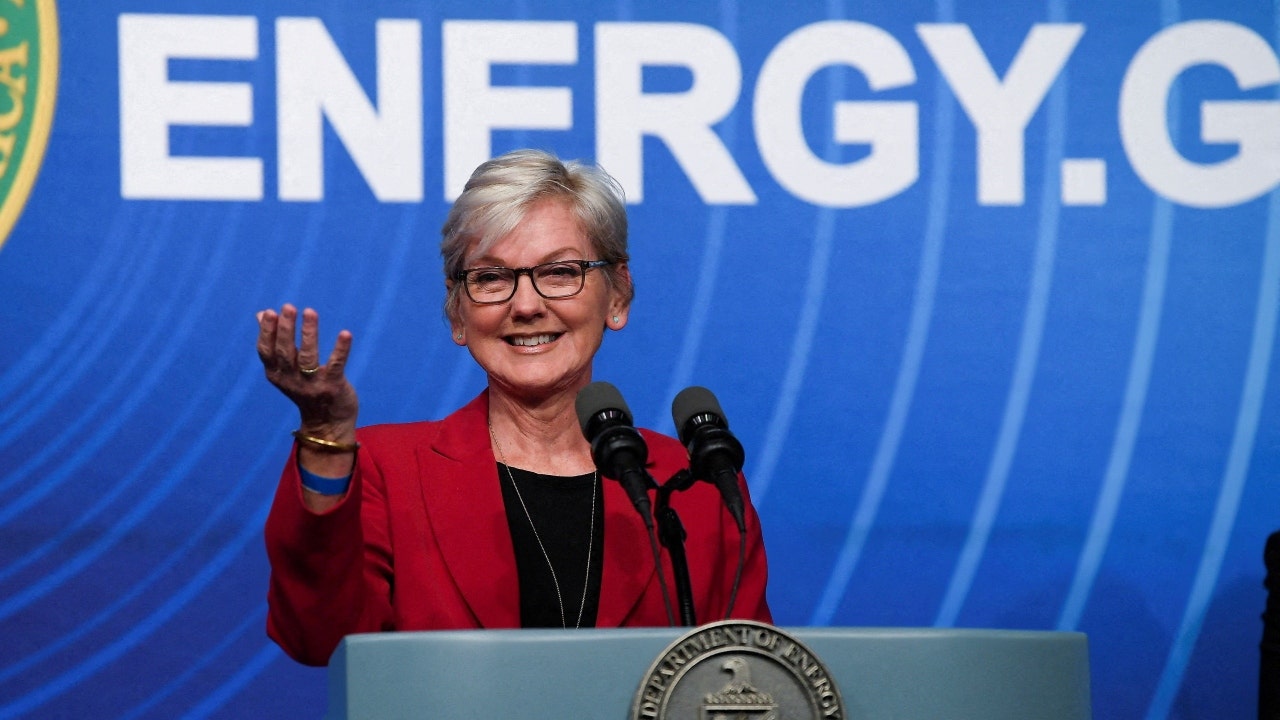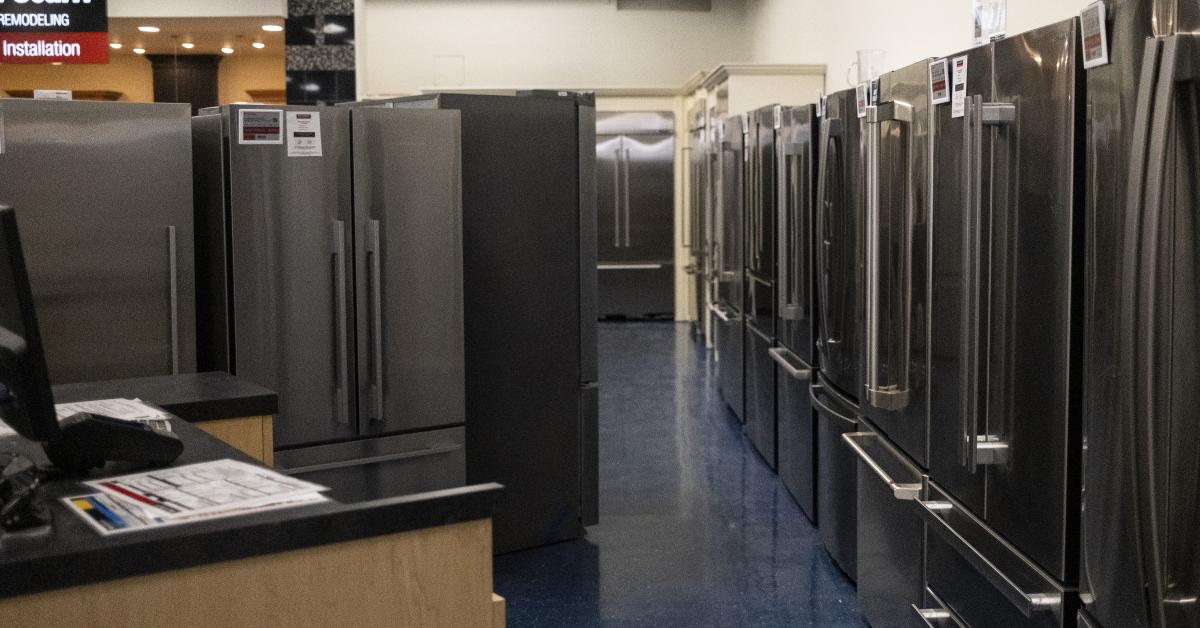Why not gas dryers too? And generators seem logical to add to the list at some point in the near future.

 www.foxnews.com
www.foxnews.com


Biden anti-consumer crusade targets 4 more types of appliances
Team Biden wasn't satisfied attacking consumers by going after their stoves. The administration's war on appliances continues to widen and includes at least four more types.
Biden anti-consumer crusade targets 4 more types of appliances
Consumer appliances in Biden's crosshairs include dishwashers and air conditioners
December 27, 2023 5:00am EST
2023 was an unusually bad year for appliance regulations, and future years won’t be much better unless Congress finds a way to stop the nonsense.
It all started last January when Richard Trumka Jr., a commissioner on the Consumer Product Safety Commission (CPSC), announced an investigation into the safety of natural gas stoves and boasted that a ban on them was "a real possibility." That sparked a powerful consumer backlash, followed up by strong denials from the Biden administration that any such ban was in the works.
But CPSC has still gone ahead with its inquiry, and in February, team Biden launched a second regulatory attack on stoves, this time in the form of a new Department of Energy (DOE) efficiency standard. A careful read of the proposal reveals that it is much tougher on gas stoves than electric versions – part of the administration’s multipronged attack on natural gas use that it justifies on climate change grounds.
It isn’t just gas stoves, and in fact, Biden regulators have launched proposed regulations for other appliances that are likely to be as bad or even worse. As with the rest of the Biden administration's energy agenda, these regulations put the climate change agenda ahead of the best interests of consumers:

Vice President Kamala Harris faced criticism on social media after sharing a post of her and second husband Doug Emhoff posing next to a gas stove on Thanksgiving. (X screenshot/@VP)
1. Dishwashers
Dishwashers may already be the most over-regulated appliance, having been subjected to four rounds of successively tighter limits on the amount of energy and water they can use. These DOE regulations are the reason dishwashers now take two hours or more to clean a load of dishes, up from about one hour for models predating the federal standards.
Cleaning performance has also suffered. Many consumers report having to rinse their dishes by hand before or after running them in the dishwasher, which is not only an inconvenience but also undercuts the energy and water-saving rationale behind the rules. But having learned nothing, DOE now proposes to make the requirements more stringent, insisting that doing so will benefit consumers and help fight climate change.
2. Air Conditioners
Residential central air conditioners are being hit by regulations from both DOE and the Environmental Protection Agency (EPA), and the cumulative impact is large and still growing. A new DOE efficiency standard that took effect in 2023 is boosting the installed cost of a new unit by $1,000 or more. And climate change measures coming from EPA in 2024 will both raise the cost of refrigerants needed to repair existing systems while further increasing prices for new models.
Adding insult to injury, the new climate-friendly air conditioners about to be introduced come with increased flammability risks.
3. Washing Machines
Like dishwashers, washing machines have endured tighter and tighter water and energy use limits in 1994, 2004, 2007, 2015 and 2018. They now use so little water that homeowners have had to improvise to get clothes clean. Some have learned to add a bucket or two of water midcycle to improve performance, while others risk voiding the warranty by tinkering with their machines to increase the flow.
Mold accumulation – which was never a problem before Washington regulators got involved with washing machines – is now common and can cause bad odors and staining of clothes. A sensible government agency would be looking at ways to fix these problems, but the Biden administration DOE is proposing to exacerbate them with tougher energy and water limits.
4. Furnaces
No two homes are exactly alike, which is why it makes sense to allow a wide variety of furnaces on the market. But DOE doesn’t see it that way, and its recently finalized efficiency standard for furnaces effectively outlaws the kind of natural gas furnaces that make the most sense for millions of homeowners.
Specifically, the rule eliminates the option of non-condensing gas furnaces in favor of condensing versions. Condensing furnaces are more efficient and thus comply with the rule, but they are more expensive and not easily compatible with the venting systems in many homes that currently have non-condensing furnaces. . . .


 Video
Video

